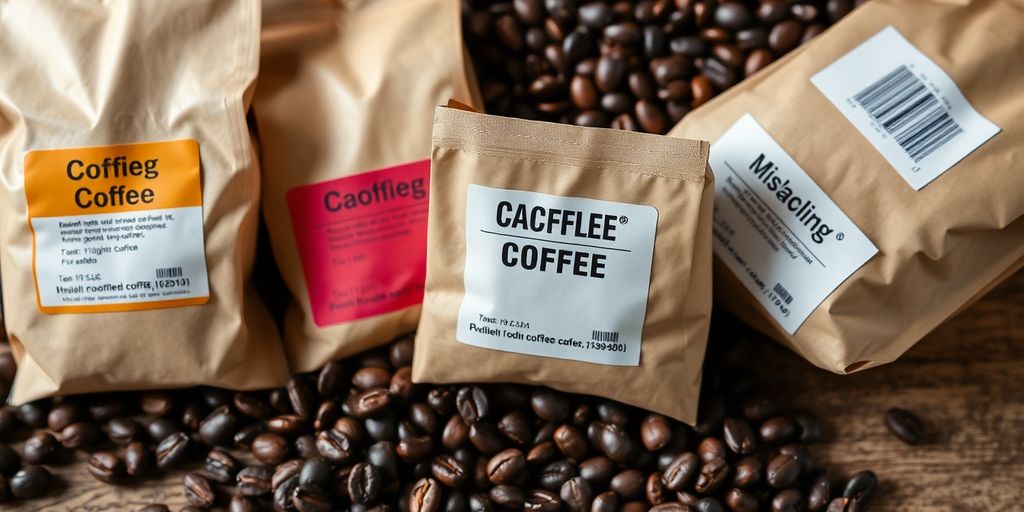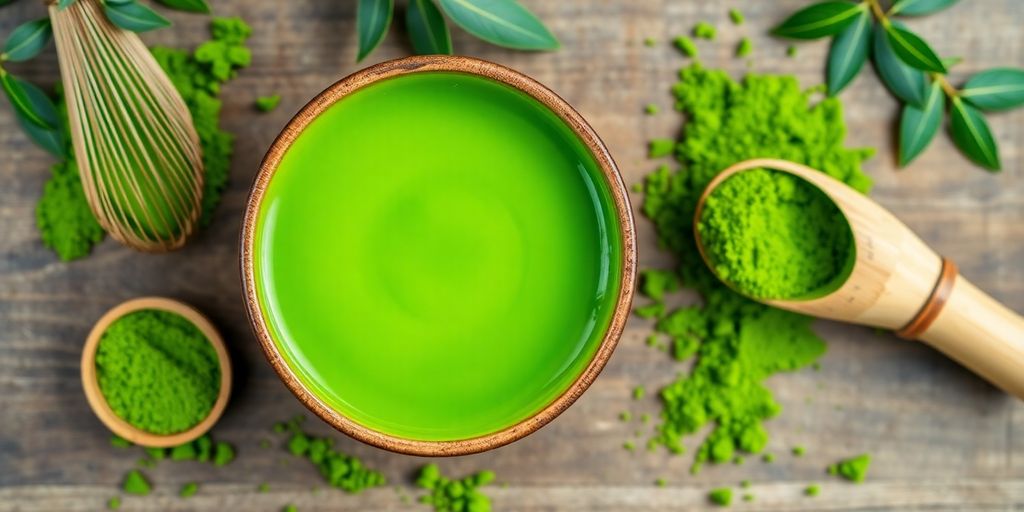Breast cancer has become a mounting concern for women, with statistics revealing that one in eight American women may be affected by it. With a surge in the number of diagnoses reported each year, it is essential to understand the risk factors and ways to reduce them. This threat is particularly magnified as the top known risk indicators are inevitable: being female, growing older and inheriting a genetic mutation that predisposes one to breast cancer.
Therefore, experts stress the need to acknowledge and mitigate other external variables that contribute to this risk, such as environmental toxins present in food items and personal care products. Many contemporary diets and lifestyles, especially those labeled as Western, are heavily laden with ultra-processed foods, while numerous toxins comprise everyday products like lotions and shampoos. This exposure, both internally and externally, largely influences our health and potentially fosters a conducive environment for diseases such as breast cancer.
However, there are approaches to control and even decrease the probability of succumbing to this disease. By executing small changes in our daily routines, we can significantly improve our health and overall well-being. Simple alterations such as opting for healthier snacks, increasing our daily activity level, or even ensuring sufficient sleep, can add up to have a profound impact on our health over time. An individually tailored approach, balancing moderation and perseverance, is critical for success.
One often-underestimated action that women can take to limit their risk of breast cancer is breastfeeding. Research exposes a noteworthy finding with every year of breastfeeding reducing the breast cancer risk by 4.3%. Additionally, each child a woman gives birth to decreases the risk by a further 7%. Other effective strategies include maintaining a healthy weight, refraining from smoking, limiting alcohol consumption, and incorporating certain foods known to lower breast cancer risk into the daily diet.
For instance, spinach, with its substantially nutritious leafy greens, is a rich source of carotenoids. These are a type of micronutrient known to minimize breast cancer risk. A large-scale study that analyzed over 32,000 women over two decades revealed a staggering 28% reduction in breast cancer among those consuming spinach frequently.
Garlic is another powerful natural remedy to prevent breast cancer. Past studies have observed a decreased risk among consistent consumers of garlic, with active compounds in it believed to suppress cancer growth.
Blueberries are a potent source of flavonoids and anthocyanins. By eating them daily, their antioxidant properties can help forestall cancer while magnifying the efficacy of traditional cancer treatments. Notably, they have been especially effective in preventing estrogen-negative breast cancer, which is known to be exceptionally aggressive.
Further, fatty fish, with salmon being a key example, provides crucial health benefits. Regular consumption of fatty fish has been associated with a 14% decrease in breast cancer risk among women.
Lastly, turmeric, a common household spice, displays an ability to reduce inflammation and lower cancer risk. It can be beneficial when coupled with conventional cancer treatments, potentially increasing survival rates while reducing side-effects.
Finally, it is crucial to remember that while these methods can notably reduce the risk, they cannot eliminate it entirely. Prioritizing early detection measures, such as annual mammograms, ultrasound or MRI, based on individual risk factors, ensures the highest likelihood of survival. Ensuring a balanced and healthy lifestyle, coupled with a mindful approach to personal care and diet, can be a critical shield against diseases and help promote overall well-being.




